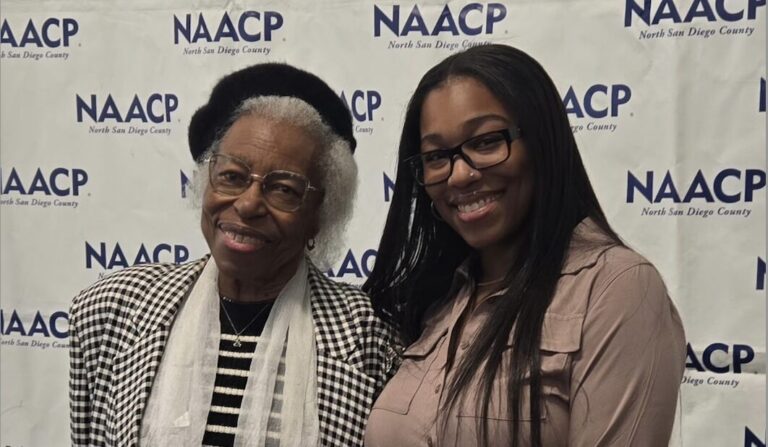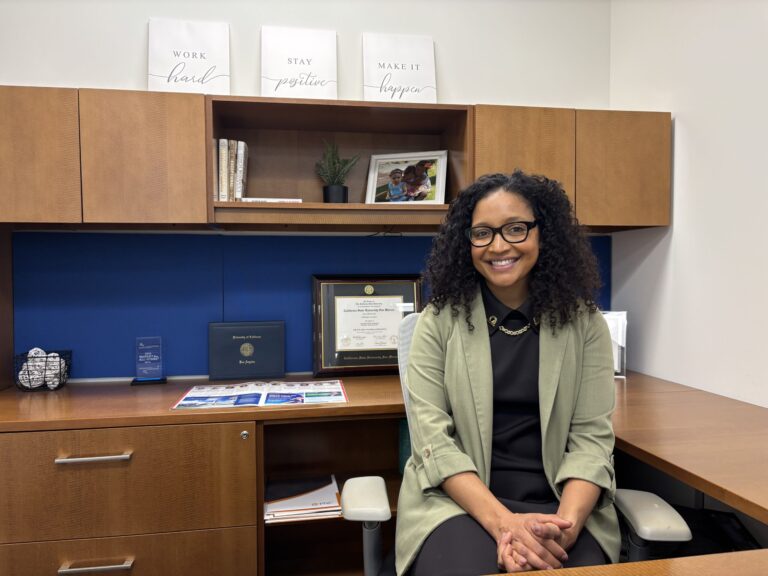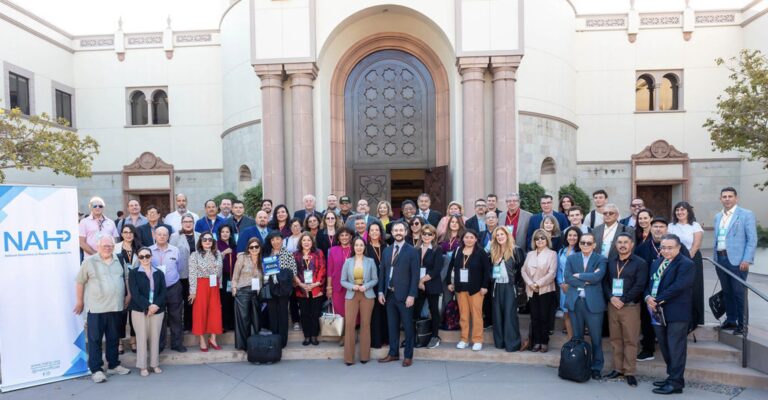The first woman and first Latina Superintendent of San Diego County Schools shares her life battles and vision
By Melanie Slone
“There was a reason my path led me to be here in this seat, in this moment, in this climate, in these circumstances, to serve this community in this way,” says Dr. Gloria E. Ciriza, the first woman and first Latina to be named San Diego County Superintendent of Schools. “Now I understand the assignment.”
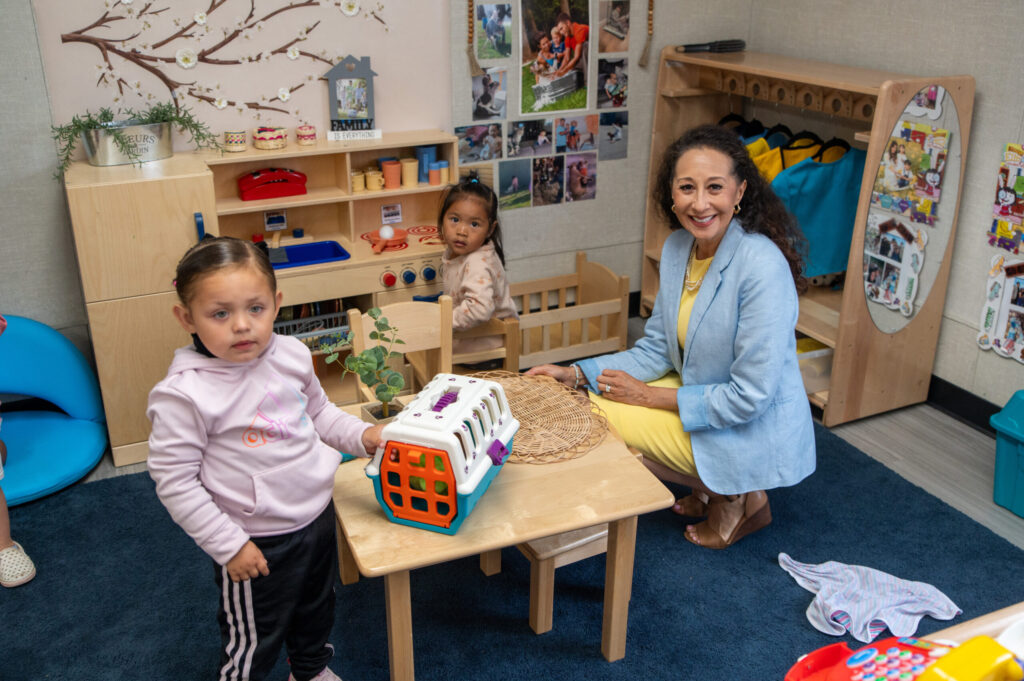
Finding Her Place
A first-generation Latina whose mother and biological father are from Mexico, Dr. Ciriza says, “My mom and my grandmother are my guides in navigating all I’ve accomplished in my career and my journey.”
Her mother, 17 when she was born, bought and built up a parcel of land in Tijuana, where the family lived. “From a very early age, my mom was always like, let’s just get it done. Let’s just do something to help the family be better.”
Dr. Ciriza’s mother crossed the border every day to work at a salon in Coronado, but she faced issues with Immigration. A kind customer offered the young woman a job caring for her children, thus helping her stay in Coronado until her own baby was born. That baby was Dr. Ciriza. “I feel very fortunate that in that moment in time there was someone there that cared for my mom and stepped in and changed the trajectory of my life,” she says.
Her mother then married a Navy man who moved them back to his family in Pennsylvania. “They were rural; there were no Latino families and none that spoke Spanish like my mom,” says Dr. Ciriza. “I recognized that I was different.”
She had “the same spirit my mom had to say, I want to go back to San Diego…to come back here, feeling connected, feeling that sense of, that’s where I belong.”
To pay for college, Dr. Ciriza worked at the same factory as her dad, Pittsburgh Plate Glass. “I would stand on the assembly line, and I would pull these giant sheets of glass off and pack them in these big metal crates. I did that for four summers.”
After graduating from Slippery Rock University, Dr. Ciriza taught in Mexico City for a bit and then moved to San Diego, back to her roots. Even though she didn’t have a place to live, she was determined to make it there. “Little by little I worked as much as I could… to get my foot in the door to become a teacher and move forward,” she says.
Eventually, she completed a master’s degree at National University and a doctorate in educational leadership at San Diego State.
During her third year of teaching in Poway, she faced a challenge related to Title I funding. “I had an idea, and I shared it with the principal and said, hey, what if we did this?” She was honored that he said yes. “I think it was people like him who along the way gave me a voice or gave me an opportunity to see, that’s a good idea, let’s give it a try, taking a chance on me,” she says.
When opportunities arose, Dr. Ciriza took them on, giving her best. “I’ve always operated from a space of, I’m going to show up in this space I’m in right now in the best possible way I can.”
She later spent 12 years in the Chula Vista Elementary School District in different roles. Eventually, “there was an opportunity to come to the County Office of Education as an assistant superintendent of student services…I did what I always did and stepped into that role with everything I had and learned and made it the best I could possibly make it.”
Three years later, she took the next step and was named San Diego County Superintendent of Schools, becoming the first woman and first Latina to hold this position.
Leadership in Tough Times
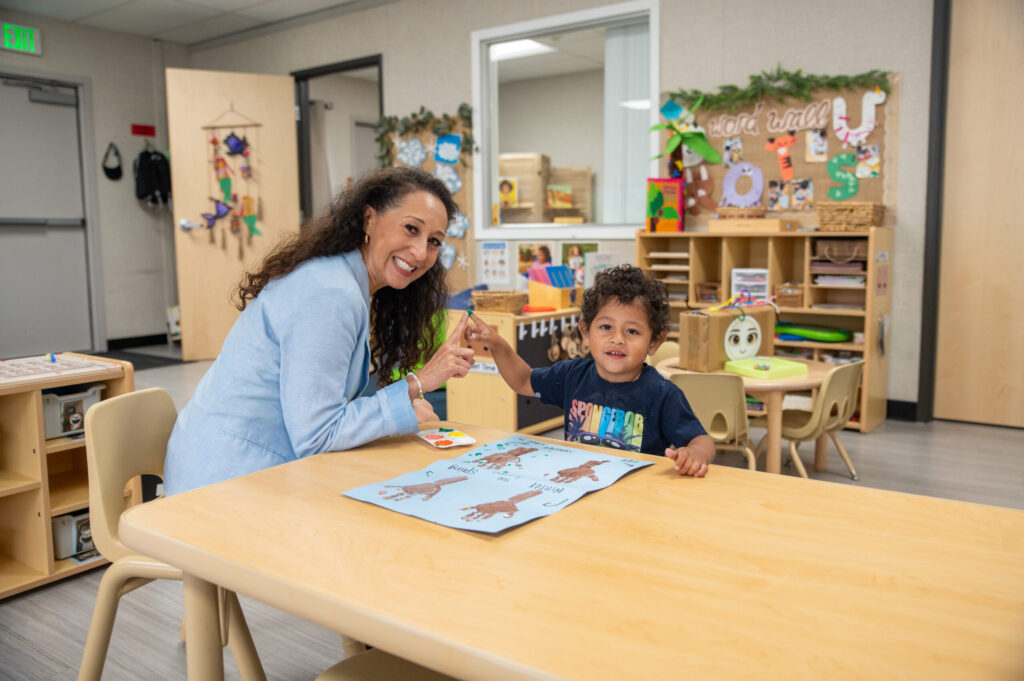
Dr. Ciriza believes that, as a woman, she brings collaboration, equity, and innovation to the Office of Education. “Women lead with empathy…listen deeply…hold space for others…and believe in creating cultures of belonging where people feel seen, and heard, and valued” she says. “Over the years, I have learned and have found such peace in the belief that leadership is not a competition—it’s a collaboration…That truly, when one of us rises, the rest of us are lifted up.”
Life has brought her to this moment. “The little girl who had to leave Southern California…the pull back to this area was for a reason, to be here in this seat right now, leading my community through some really challenging, really difficult times,” she says.
Covid was a tough time for schools, says Dr. Ciriza, and it was very difficult to provide services and support students and families. The district is still recovering, and now it faces even greater challenges.
“The climate right now politically is obviously very challenging for public education and particularly challenging in…our most marginalized communities, our LGBTQ+ community, our Latino communities, our Black students and families… I think there are some important challenges that are deeply embedded in our culture and in our systems and in our practices that we have to shift.”
She offers hope. “When students see leaders who look like them, who speak their language, who understand their struggles, they see what is possible for their own lives.”
A Defining Moment
Her first week working as an assistant superintendent of student services, Dr. Ciriza was tapped to help some of the 3000 unaccompanied minor girls coming into the United States. “An emergency intake center is kind of how they framed it,” she says.
“Within a few days we were able to put the educational program together…The girls were…all under 18,” she remembers, “totally alone, unaccompanied, young, five years old, six years old, eight years old. I thought to myself, these girls all look like me.”
The many groups involved were able to meet the needs of the girls. “We all welcomed them,” she says. “They’re not in cages somewhere…It was probably one of the most defining moments of my career.”
She knew then that was why she was here. “This is why I kept being pulled back to San Diego, to be part of this work, to be able to lead during a time when it really matters.”
Schools as Community Hubs
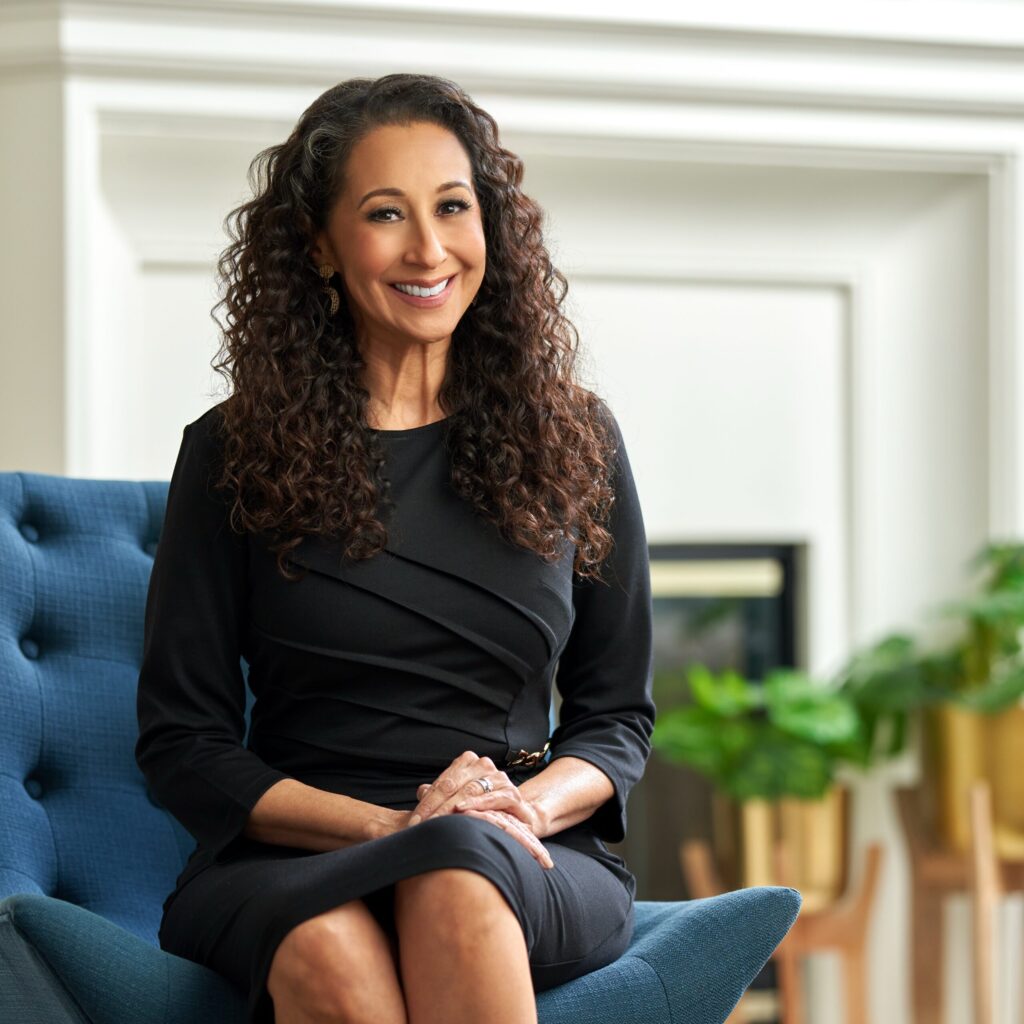
Dr. Ciriza believes the Covid challenge helped show which ideas no longer work in public education and opened the door to new, fresh ideas “to serve our students and families in ways so that everyone can thrive.”
Her ideas for the future include community hubs at education centers. “Every neighborhood has this infrastructure in place” through schools, she says. “What if those places were really centers of the community where people could go to get the things they needed to thrive? …There are literally buildings in every single community that can be hubs for the community, be the heart and soul.” Services could include food, housing, job security, or mental health access, she says.
This idea is the cornerstone of the community school strategy. The County Office of Education is leveraging money set aside by the state of California to develop community schools across the state. “The work ahead is to center in the development of the community school strategy that sense of belonging, where every child and family feels like there is a place for them,” says Dr. Ciriza.
This strategy is led by community or family liaisons at the county’s public schools. “People don’t realize how important they are,” she says. “They are the trusted sources of information, the trusted faces. That’s who people go to when they need help.”
It is important “for every child to know that there is a space for them…That’s the beauty of what we get to do in education, give that platform for our kids to stand on.”
Another of Dr. Ciriza’s goals is to increase the number of dual immersion schools in San Diego County. “When I left California and went to Pennsylvania, my mother was so afraid that Immigration was going to come find her and find me and take us away…She didn’t want to speak Spanish to me anymore…she wanted to make sure that we just blended in with everyone else,” she says.
“I missed out on my language. I missed out on the development of that culture. So, one of my dreams coming back is I want every child here in this county to be able to have the opportunity to be bilingual, to speak two or three languages.”
Tips for Others
Dr. Ciriza helps others find their path, as she did. “If there’s something you want to do and it’s not on your path, go get it, go find it, and put it on your path,” she says. “Pay attention to places and spaces where you feel connected. …It takes time to find, where do I really feel like this is my space, these are my people?”
She urges everyone to find mentors. “No matter what stage you are on your journey or phase of your journey, take a moment to pause and see who’s around…Who’s really lifting me up and clearing a way for me to take the next step on my path?”
She teaches others to be authentic and help each other feel empowered. “When we show up as our authentic selves, we give others permission to do the same,” she says. “Empowerment is not something we do alone…It happens when we recognize that my success is your success.”
Finally, she continues to lift those around her—students, parents, and colleagues alike. “When one of us rises, we all rise,” she concludes.


